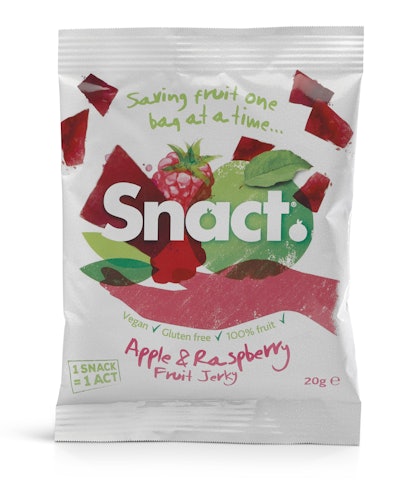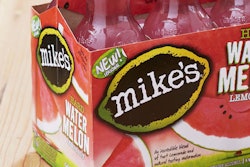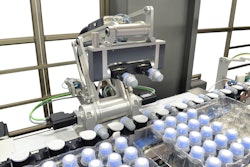
The food packaging industry has been relying on flexible plastic packaging for several decades. Flexible plastic is considered cheap to produce, easy to use, and keeps food fresh from the store shelves to our tables. However, the flexible plastic industry has one major issue: following use by the end-consumer, flexible plastic packaging has hardly any sustainable end-of-life solution. In fact, the food industry is the number-one contributor to plastic waste worldwide; food-related plastic waste makes up 66% of the volume and 50% of the total weight of packaging waste across the globe, says Daphna Nissenbaum, CEO of Israeli start-up TIPA.
TIPA was established in June 2010 to tackle this growing, global problem. “If the makeup of flexible plastic could be changed to treat it like organic materials, then flexible plastic would become a natural resource instead of a waste product,” says Nissenbaum.
TIPA is introducing a new range of sustainable packaging to the UK market. The bio-based, fully compostable flexible packaging solution has the same end-of-life organic waste properties as the food it wraps, while being as transparent, durable, and impermeable as ordinary plastic packaging. TIPA’s packaging is made of several compostable polymers that are blended to form new TIPA resins. These special resins are coextruded to produce TIPA's films, which are then used in a range of TIPA film and laminate packaging applications.


























